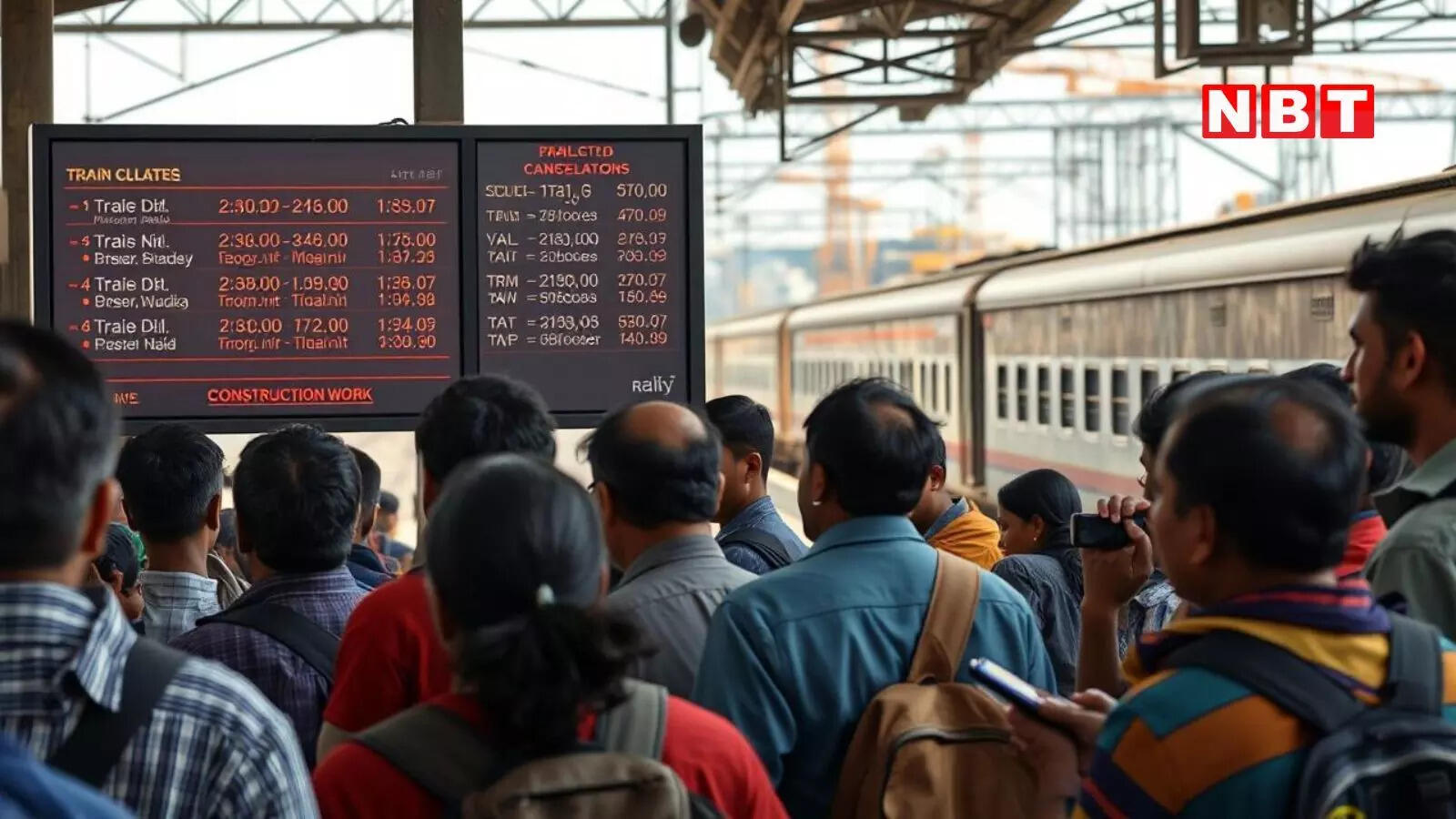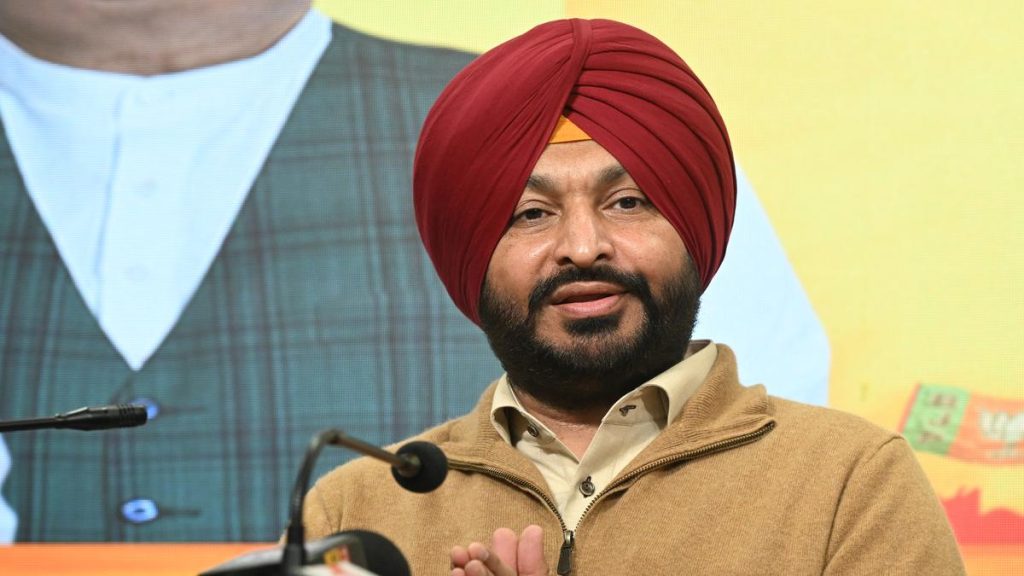Now Reading: रेलवे के नए नियम से दिल्ली-मुंबई ट्रेनों में वेटिंग टिकट मिलना हुआ कठिन
-
01
रेलवे के नए नियम से दिल्ली-मुंबई ट्रेनों में वेटिंग टिकट मिलना हुआ कठिन
रेलवे के नए नियम से दिल्ली-मुंबई ट्रेनों में वेटिंग टिकट मिलना हुआ कठिन

Swift Summary
- Indian railways has introduced new rules limiting the issuance of waiting tickets to just 25% of available seats for each train class.
- This change, implemented by the Center for Railway Information Systems (CRIS) from June 15, has resulted in increased “Regret” status on popular routes like Lucknow-Delhi and Lucknow-Mumbai.
- “Regret” indicates no available seats or quotas (including Waiting List or RAC),making booking tickets for specific dates impossible.
- Long-distance trains such as AC Express and Lucknow Mail are experiencing heavy demand with regrets seen up to days ahead. for example, Lucknow Mail on IRCTC app showed regret until July 5th.
- Third AC Economy and sleeper classes face the highest impact; Mumbai-bound trains have exhibited regret status up to late July even during traditionally low-demand periods.
- while challenges in ticket availability have increased, chances of waiting ticket confirmation could improve due to reduced overcrowding in reserved coaches under this system.
- The rule may limit accurate crowd forecasting, affecting railway planning for special holiday or festival trains.
Affected Train Examples:
Mumbai Routes:
20104 Gorakhpur-LTT Superfast: Regret until July 21
12533 Pushpak Express: Regret until July 10
Delhi Routes:
12229 Lucknow Mail: Regret until July 5
12555 Gorakhdham Express: Regret until July 2
Indian Opinion Analysis
The new policy aiming to restrict waiting tickets highlights a focus on streamlining passenger management while enhancing comfort through greater seat confirmations. However, its unintended consequences-manifested as widespread “Regrets” across popular routes-pose significant operational and logistical challenges.This approach narrows crowd data visibility beyond the prescribed quota (25%), potentially complicating planning for peak seasons requiring targeted interventions like special train services.
While reducing overcrowding-especially incidents involving unauthorized claims on booked coaches-is a step forward, travelers with flexible schedules may face difficulty accessing tickets without having planned well in advance. Moreover, limiting waitlist capacities concentrates demand into fewer options at specific times without alleviating underlying systemic congestion issues.
Railways must closely observe passenger trends under this framework while deploying adaptive measures for critical travel dates. Balancing efficient load management with accessibility remains crucial as India’s transportation infrastructure continues evolving toward higher-frequency usage.
























